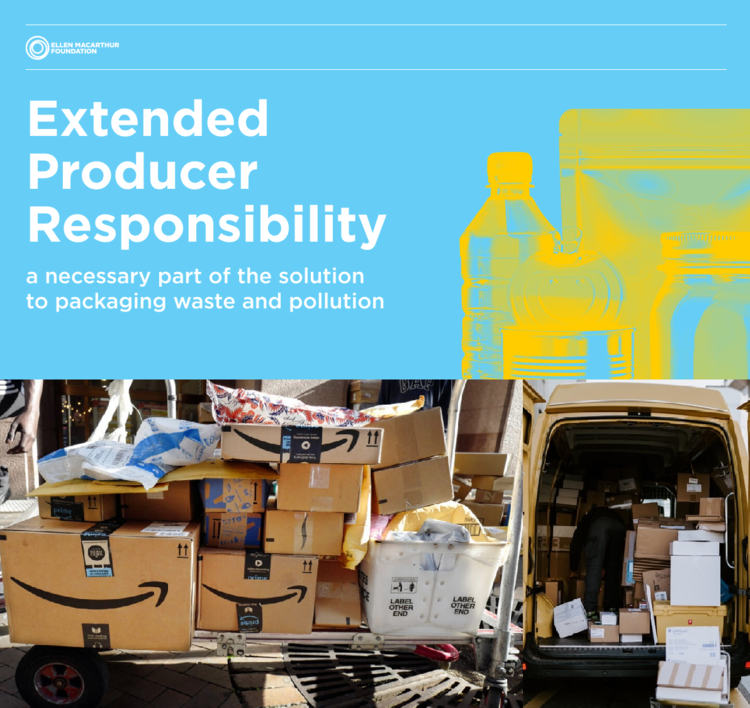Maine and Oregon Make Business Pay Cost of Packaging Waste | EPR Is Center Stage
/Maine and Oregon Make Business Pay Cost of Packaging Waste | EPR Is Center Stage AOC Sustainability
Most consumers don’t pay much attention to the packaging that their purchases come in, unless it’s hard to open or the item is really over-wrapped. But packaging accounts for about 28% of U.S. municipal solid waste. Only some 53% of it ends up in recycling bins, and even less is actually recycled: According to trade associations, at least 25% of materials collected for recycling in the U.S. are rejected and incinerated or sent to landfills instead.
Local governments across the U.S. handle waste management, funding it through taxes and user fees. Until 2018 the U.S. exported huge quantities of recyclable materials, primarily to China. Then China banned most foreign scrap imports. Other recipient countries like Vietnam followed suit, triggering waste disposal crises in wealthy nations.
Some U.S. states have laws that make manufacturers responsible for particularly hard-to-manage products, such as electronic waste, car batteries, mattresses and tires, when those goods reach the end of their useful lives.
Now, Maine and Oregon have enacted the first state laws making companies that create consumer packaging, such as cardboard cartons, plastic wrap and food containers, responsible for the recycling and disposal of those products, too. Maine’s law takes effect in mid-2024, and Oregon’s follows in mid-2025.
These measures shift waste management costs from customers and local municipalities to producers. As researchers who study waste and ways to reduce it, we are excited to see states moving to engage stakeholders, shift responsibility, spur innovation and challenge existing extractive practices.
